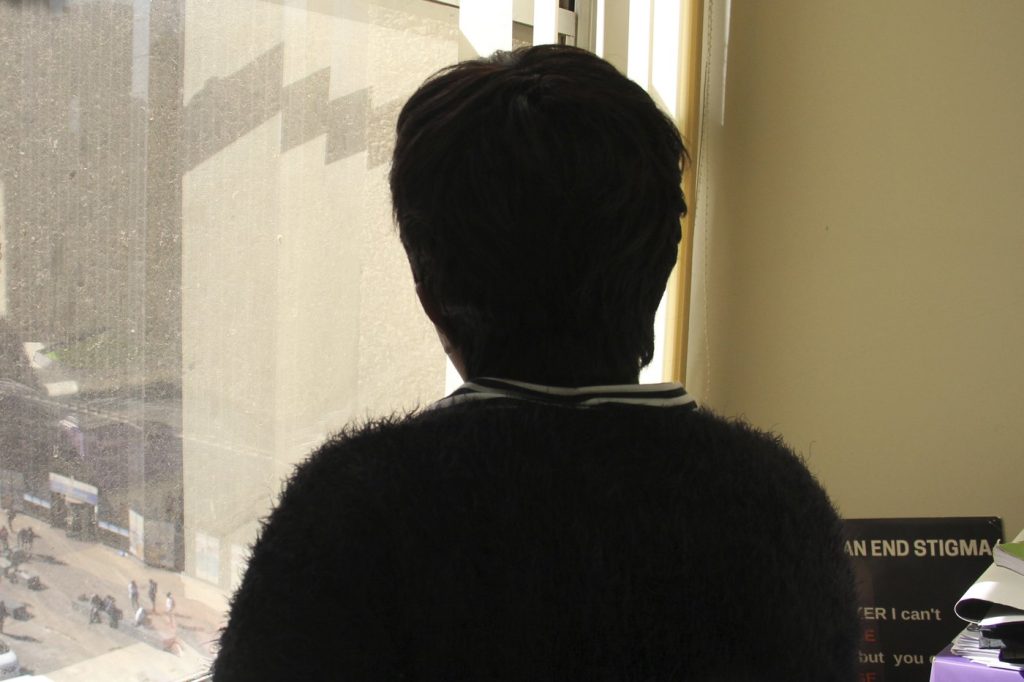On a warm evening in Johannesburg, news spread rapidly among sex workers: several nonprofit clinics providing free HIV services would close within 24 hours due to a significant reduction in foreign aid announced by President Donald Trump. This decision led to the suspension of critical services for those living with or at risk of HIV in South Africa.
As a result of the cuts, which involved a withdrawal of approximately $427 million in U.S. support, the country is left grappling with the needs of its most vulnerable populations. With over 63,000 individuals dependent on the 12 clinics that shut their doors, the disruption of daily HIV medication affects up to 220,000 people. South Africa, a country with the highest number of people living with HIV globally, faces dire challenges in maintaining its extensive treatment programs.
Despite these challenges, the South African government has promised to sustain the country’s HIV program, the largest in the world. However, sex workers, who often face significant discrimination due to the illegality of their profession, recounted difficulties in accessing medication. Many spoke anonymously to avoid retaliation from their communities. One HIV-positive sex worker and mother of three described being off her medication for nearly four months after being denied treatment at public hospitals, despite governmental assurances that no one should be turned away.
After finally obtaining a month’s supply of medication from a mobile clinic introduced post-funding cuts, she expressed deep concern about her future health. Another sex worker resorted to purchasing medication on the black market, where prices have nearly doubled, highlighting the desperation felt among those unable to secure their needed drugs through legitimate channels.
The U.S. government later issued a limited waiver allowing some life-saving HIV services to resume globally. However, the chaos stemming from the slashed foreign aid has left many affected individuals in a precarious position. Experts warn that without restoration of funding, South Africa could see an increase in new HIV infections and a rise in deaths related to the disease in the coming years.
Compounding the issue are testimonies from those turned away from public hospitals due to a lack of referral letters, which should not be a prerequisite for receiving care. Public health specialists have pointed out that while these letters are ideal for transfers, clinics cannot refuse treatment based on their absence. Nonetheless, individuals report facing barriers to access, including outright denial of services based on their status as sex workers or transgender individuals.
Discrimination in healthcare settings remains a significant challenge. One transgender woman recounted being told that medication would only be provided to those in relationships with HIV-positive partners trying to conceive, forcing her to purchase drugs privately. As many cannot afford this route, the result is a dangerous withdrawal from regular healthcare, leading to a lack of testing and a status of ignorance about viral loads for many individuals.
Yvette Raphael, an advocate for HIV and AIDS prevention, expressed concern that South Africa might regress in its treatment efforts. The overarching fear among activists is of returning to higher mortality rates and increased infections as inadequate access to care continues. As discussions about the cuts ripple across Africa, many question the motivations behind U.S. policies, especially in light of claims that U.S. aid was not aligned with national interests or fiscal responsibilities.
Amidst these challenges, the sentiment among affected individuals has turned to anger, with some specifically condemning Elon Musk's influence on U.S. aid strategies due to his South African roots. The response echoes a deep frustration felt by many who believe their lives and well-being have been disregarded in the face of political decisions.










